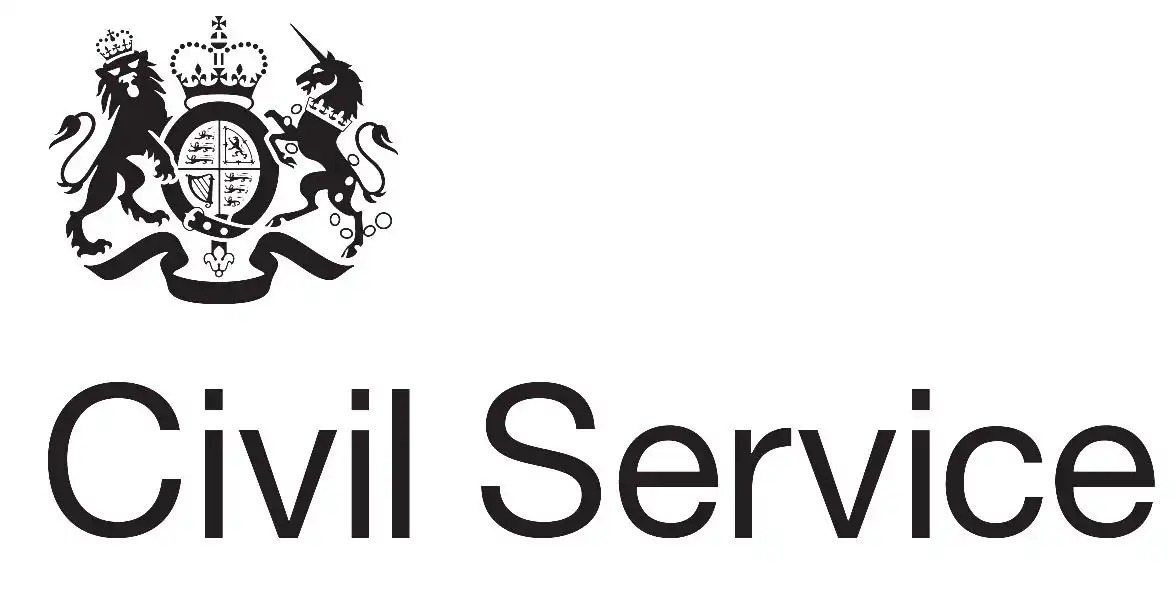
The civil Service is a body or department in the executive arm of government saddled with the responsibility of assisting the executive in the planning and implementation of government policies. The civil service is divided into the apartments called ministries. For example, the ministry of education, ministry of information, ministry of finance, ministry of works and housing and so on. The political head and chief executive of a ministry is known as a minister or commissioner. The director-general also known as a permanent secretary is the administrative head and the accounting officer of a ministry.
Public corporations, the police, the armed forces, etc. are not part of the civil service but public service. The civil service is different from the public service in terms of condition of service. A worker in the civil service is called a civil servant. The change from permanent secretary to director-general affected in Babangida regime was riveted to permanent secretary in Abacha’s regime. They are state civil service as well as federal civil service.
6 Characteristics of the Civil Service in Nigeria
1) Impartiality: Civil servants are expected to be fair and just to any government in power. You must show faith in government.
2) Permanence: It is an institution that does not change with the government. What is equally enjoy a permanent tenure in office?
3) Anonymity: A civil servant is not expected to review or speak to the press unless authorized about the minister of director-general, this is so because credit of failure of the government on any issue is not blamed on the civil servant but the minister.
4) Neutrality: Workers in the service and not expected to engage themselves in partisan politics unless they resigned their appointments. In clear terms they are not to be in support of any party or campaign for any political party.
5) Expertise: Experts are produced in the field of administration this is because they put in Long years of service. Oftentimes, most civil servants in Nigeria and other parts of the world after retiring, become consultants to private and public corporations or institutions, as well as the government.
6) Merits: Employment into the civil service is based on merit. This will enhance efficiency in their areas of performance. But that’s not seem to be the case in the current Nigeria. To gain employment into the federal civil service commission or state civil service commission you must be well connected to either a director-general or permanent secretary or have the funds to pay for jobs.


Structure of the Civil Service In Nigeria
The following are some of the structures of the civil Service in Nigeria. This part talks about how is civil service is been structured in hierarchical format:
1) Administrative Class: This is the highest class and they’re mostly made up of Director-Generals Deputy Director-Generals and other principal officers. All of the requirements of being in this group is that the individual must be a graduate of different fields with many years of experience in the service. They are involved in policy making, advancing the ministers of commissioners, and in other areas of administration.
2) The Professional Class: They how many recruitment that professionals of different category. For example, lawyers, doctors, an engineers. These set of civil servants are specialists in their various fields. They can also serve as advisers to the administrative class where need be.
3) The Executive Class: They are senior executives, executive officers, assistant executive officers etc. Yahoo list of first-degree and HND certificate. They are responsible for the implementation of the policies of government.
4) The Clerical Class: These set of civil servants made up of First School leaving certificate holders and are mostly clerical, officers, clerical assistants and typists. They are involved in written works like moving of files from one desk to the other and making sure they are signed as and when due by constantly reminding their heads as it relates to the urgency of such document.
5) Messengerial Class: They are mostly cleaners, messengers, drivers, gardeners, janitors and the likes. You’re responsible for tidying up the office, drive official vehicles or deliver official messages.
10 Functions of The Civil Service in Nigeria
The Nigerian civil service is saddled with various responsibilities. Here we are going to list the 10 major functions of the Civil Service.
1) Formation of Policies: They formulate policies and these are part of the objectives of the government.
2) Implementation of Policies: Another function of the civil service is to make sure that the policies formulated are fully executed by the government.
3) Budget Preparation: it appears the government really statements of expected income and expenditure.
4) Drafting Bills: A bill is a proposal of action discussed in the parliament and later signed to become a law by the president. However the civil service are in charge of preparing bills but some experts in the ministry of Justice and the executives present this bill to the legislature.
5) They Make Bye-laws: The power to make bylaws is made possible true delegated legislation. However, a senior civil servant can make an order or laws.
6) Advisory To The Government: They advice the government on issues facing the country for better results.
7) Stability: The civil service ensures continuity of government and this makes for stability. since they must not be involved in partisan politics, it makes them carry out their work without fear or intimidation by the government.
8) Preparation of Answers To Parliamentary Questions: one of the core functions of the civil service is that various heads such as ministers or director generals in the parliamentary system defend the policies of government through this preparation.
9) Keeping The Public Informed: Since they represent the people, the civil service is obliged to educate the public about actions and policies of the government and this is where the public opinion of the people count.
10) Documentation: keeping official records that are relevant the government of the day is a fundamental function of the civil service.
7 Factors That Hinders Effectiveness of the Civil Service in Nigeria
1) Low Incentives: The poor condition of service memorializes workers in addition to slow promotion policy. Civil servants must be encouraged by granting to due staff.
2) Lukewarm Attitude: Civil servants are often lukewarm claiming that government work is not worth giving the best. This attitude can hinder the effectiveness of the civil service.
3) Red Tapism (Bureaucracy): The civil service lays too much emphasis on protocols, especially on issues that demand urgent attention. This act tend to slow down decision-making and implementation process.
4) Political interference: politicians are always involved in interfering with the planning and implementation of the policies of the government. It is difficult to be neutral because of the political powers to backing the politicians up. This also hinders the effectiveness of the civil service in Nigeria.
5) Tribalism, Nepotism and Favoritism: These are the three major factors bedeviling the effectiveness of civil service in Nigeria as this leads to the appointments off unqualified personnel into the civil service. Here personnel’s are employed based on tribal similarities. Nepotism is the act of top civil servants granting jobs to relatives and friends who do not merit the positions. How can the civil service in Nigeria grow when employment are not granted based on merits. This is one factor that has crippled 90% of all ministries in Nigeria today.
6) Political instability: Frequent military intervention affect policy-making and implementation.
7) Over duplication of functions: Functions exercised in the civil service are over duplicated and this can result to redundancy and Idleness amongst civil servants.
This is how far we can go as regards the civil service in Nigeria, their functions, functions and factors that is limiting the effectiveness of the civil service in Nigeria. What is your take on this subject matter? we would love to hear from you so others can benefit from it. Please send us your opinion or questions via the comment section below so others can benefit from it.




